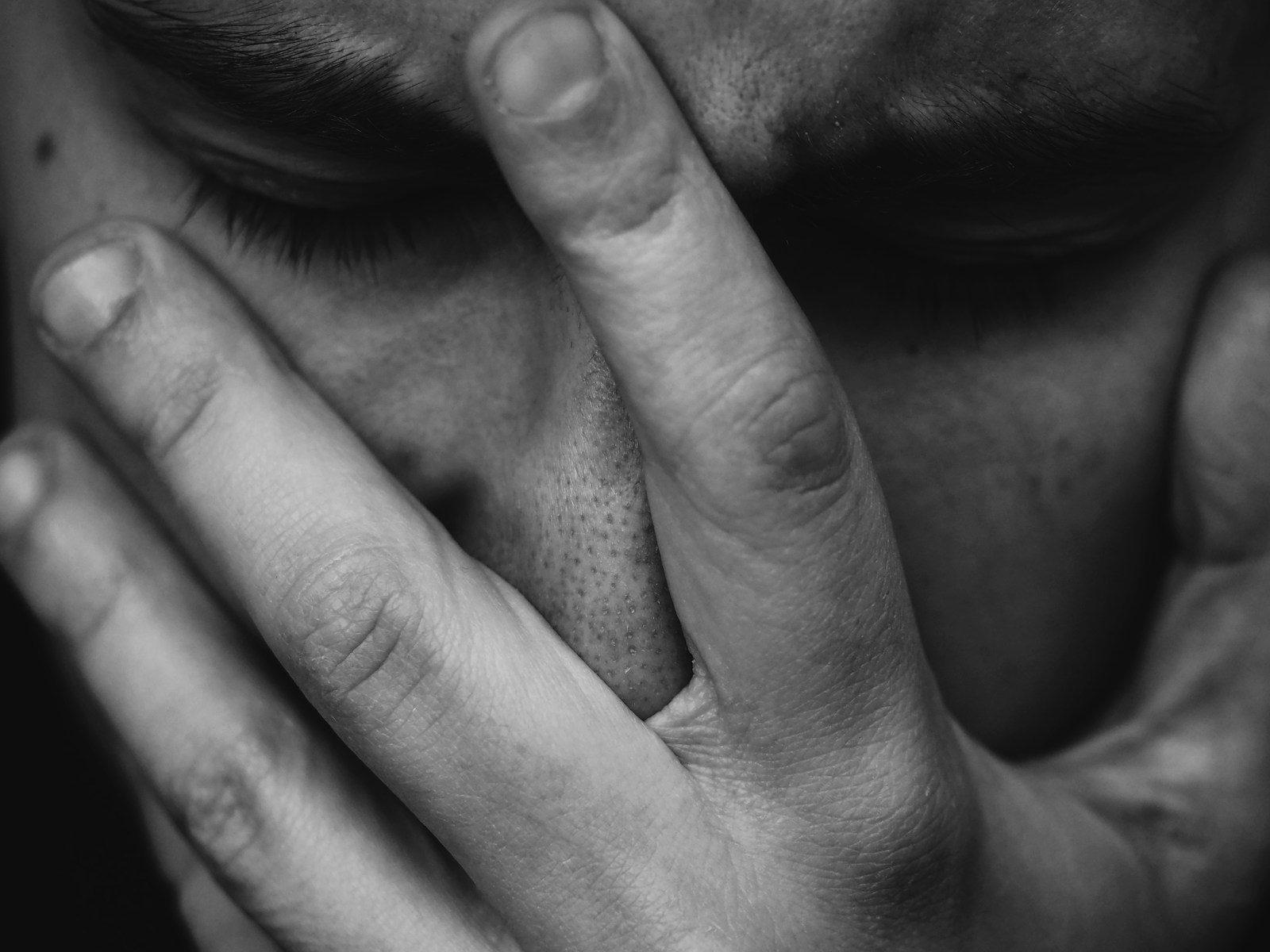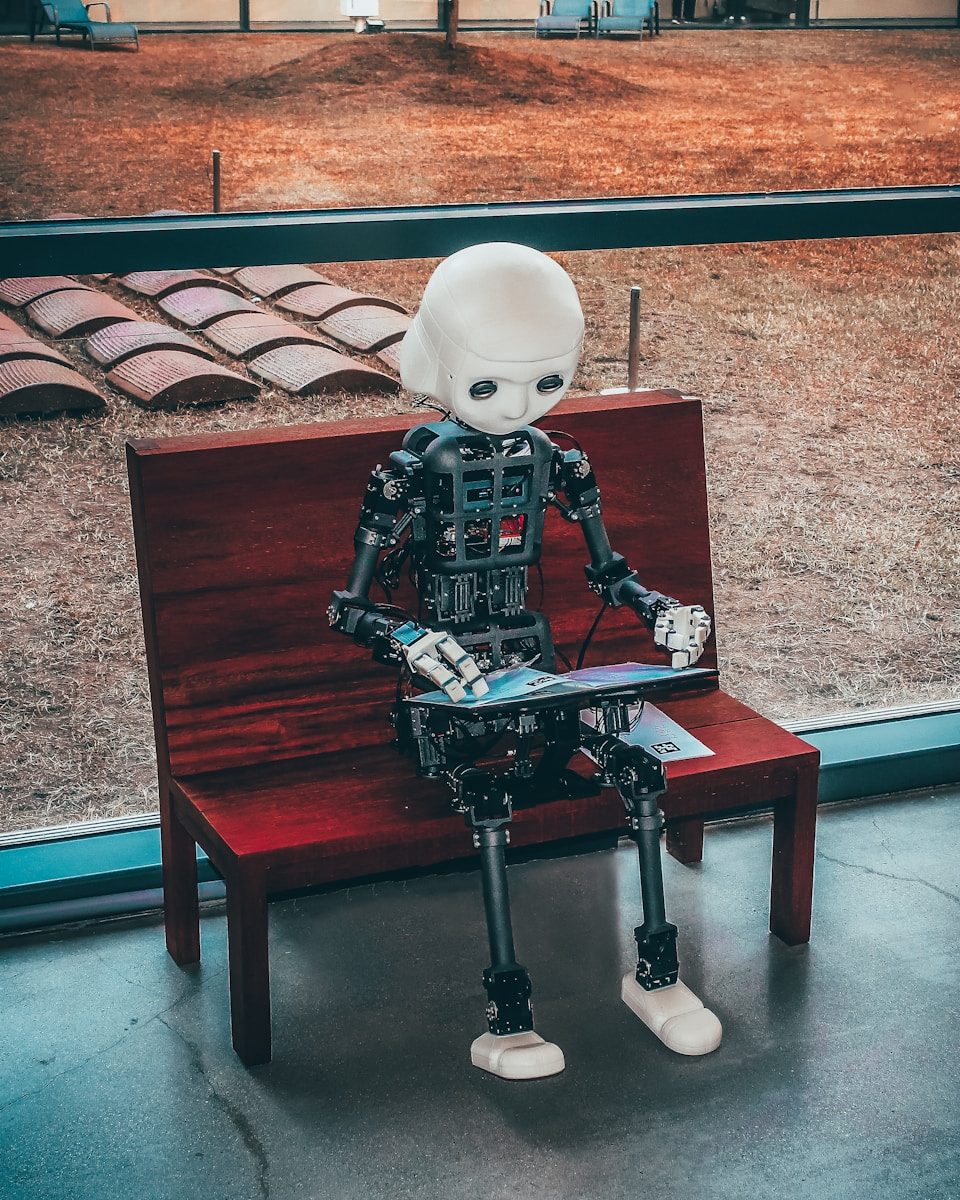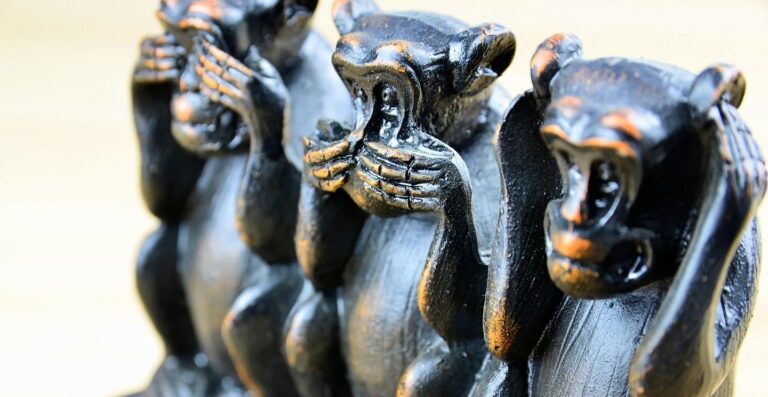Those We Lost and Those Who Carry Loss
By Ryan Castle
Memorial Day is often celebrated with barbecues and parties, yet it also holds a deeper, more somber significance as a day of remembrance for those who have given the last full measure for their country and comrades. It’s a day of reflection on sacrifice and loss, which can be particularly poignant for the surviving loved ones carrying on the memory of those they lost. While Memorial Day is about remembering our fallen servicemembers, the concept of survivors, those who must carry on, can take many forms. They are veterans who have who survived terrible violence when others didn’t, and may wonder at why. There are trauma survivors, who have faced nightmarish scenarios and must build an incredible strength to rise above them. There are patients recovering from cancer, their lives and very bodies torn apart, leaving them to pick up the pieces. Whatever the circumstances, survivors carry an immense burden. They live with the awareness of suffering and loss, a weight that can wear down even the strongest among us. And it can be lonely.
Survivors may struggle with a range of emotional burdens, including guilt, PTSD, anxiety, and depression.[i] These feelings can intensify when it seems that the people around them do not understand their pain, leading to a sense of isolation. While we often explore concepts like non-dual philosophy and practices such as loving-kindness meditation on this blog, there are other, more basic forms of connection that can be equally transformative for someone in distress. Sometimes, what a grieving person needs most is simply the presence of another. [ii] A person to sit quietly with them when they don’t feel like talking.[iii] Someone to make them feel safe and heard when they do feel like talking. There are instances when the difference between giving up and persisting lies in an impromptu cup of coffee between friends. These simple, human types of connection are small and easily overlooked, but they can be the turning point in a person’s life. The question for us is, how do we know when somebody needs that connection from us?
Often, we don’t. While some individuals may have the emotional strength to reach out for help, many others may hesitate, not wanting to burden those around them.[iv] Our role, then, is clear and simple: we ask. Ask and mean it; not as polite small talk, but as an offer to connect with another human being on their terms. This doesn’t mean making grand gestures. Rather, it’s about the small, everyday actions, asking someone how they’re feeling, inviting them for a coffee, or simply offering to spend time with them. If they say no, all it has cost you is a smile and nod as you go about your day. Always remembering pity is not empathy; a survivor is not a victim, they live their life with a strength few of us understand.[v]
On Memorial Day, think on those who have been lost, but also think on who lost them. If you know someone who lost a loved one and might be struggling, consider reaching out. But remember, the need for connection isn’t about a single holiday; it’s about a lifestyle. It’s about incorporating this spirit of care into our daily lives, creating a community where support is readily available. By frequently checking in, offering our time, and simply being present in body and mind, we can make a significant difference in the lives of those who are struggling with the past, whether we understand what they’re facing or not.
We can offer our time and presence every day, never knowing if that connection made a difference to a survivor, but always knowing it’s possible it made all the difference. Survivors, those who have lost something invaluable, carry enough with them as it is, let’s not put the burden of reaching out solely on their shoulders as well. You have the power to remind someone, somewhere that no matter what they may have lost, they are never alone.
References
[i] Khouzam HR, Kissmeyer P. Antidepressant treatment, posttraumatic stress disorder, survivor guilt, and spiritual awakening. J Trauma Stress. 1997;10(4):691-696. doi:10.1023/a:1024862223220
[ii] Dagan, Y., & Yager, J. (2019). Addressing loneliness in complex PTSD. The Journal of nervous and mental disease, 207(6), 433-439.
[iii] Clark, C., Classen, C. C., Fourt, A., & Shetty, M. (2014). Treating the trauma survivor: An essential guide to trauma-informed care. Routledge.
[iv] Maercker, A., & Müller, J. (2004). Social acknowledgment as a victim or survivor: A scale to measure a recovery factor of PTSD. Journal of traumatic stress, 17, 345-351.
[v] Delker, B. C., Salton, R., & McLean, K. C. (2020). Giving voice to silence: Empowerment and disempowerment in the developmental shift from trauma ‘victim’to ‘survivor-advocate’. Journal of Trauma & Dissociation, 21(2), 242-263.






